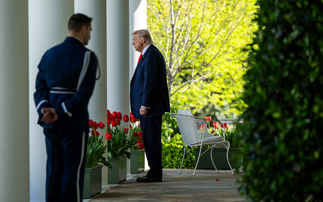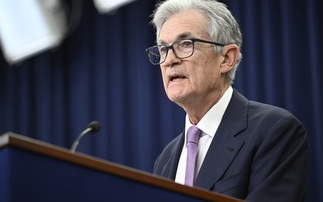Central bank independence - the freedom of central banks to adjust interest rates and other inflation-fighting tools without political interference - is a fundamental principle of modern macroeconomic policymaking.
The central banks' independence means that we entrust control of monetary policy to unelected technocrats, and grant operational autonomy to the central bank. It is a way of ring-fencing monetary policy from the electoral cycle, with its potentially inflationary consequences. Without this independence, politicians might be tempted to stimulate the economy to increase their chances of re-election. Deep Dive: Divergence of MPC votes proves BoE's avoidance of groupthink It is now well documented that, in his bid for a second term in 1972, Richard Nixon put pressure on the then Fede...
To continue reading this article...
Join Investment Week for free
- Unlimited access to real-time news, analysis and opinion from the investment industry, including the Sustainable Hub covering fund news from the ESG space
- Get ahead of regulatory and technological changes affecting fund management
- Important and breaking news stories selected by the editors delivered straight to your inbox each day
- Weekly members-only newsletter with exclusive opinion pieces from leading industry experts
- Be the first to hear about our extensive events schedule and awards programmes








